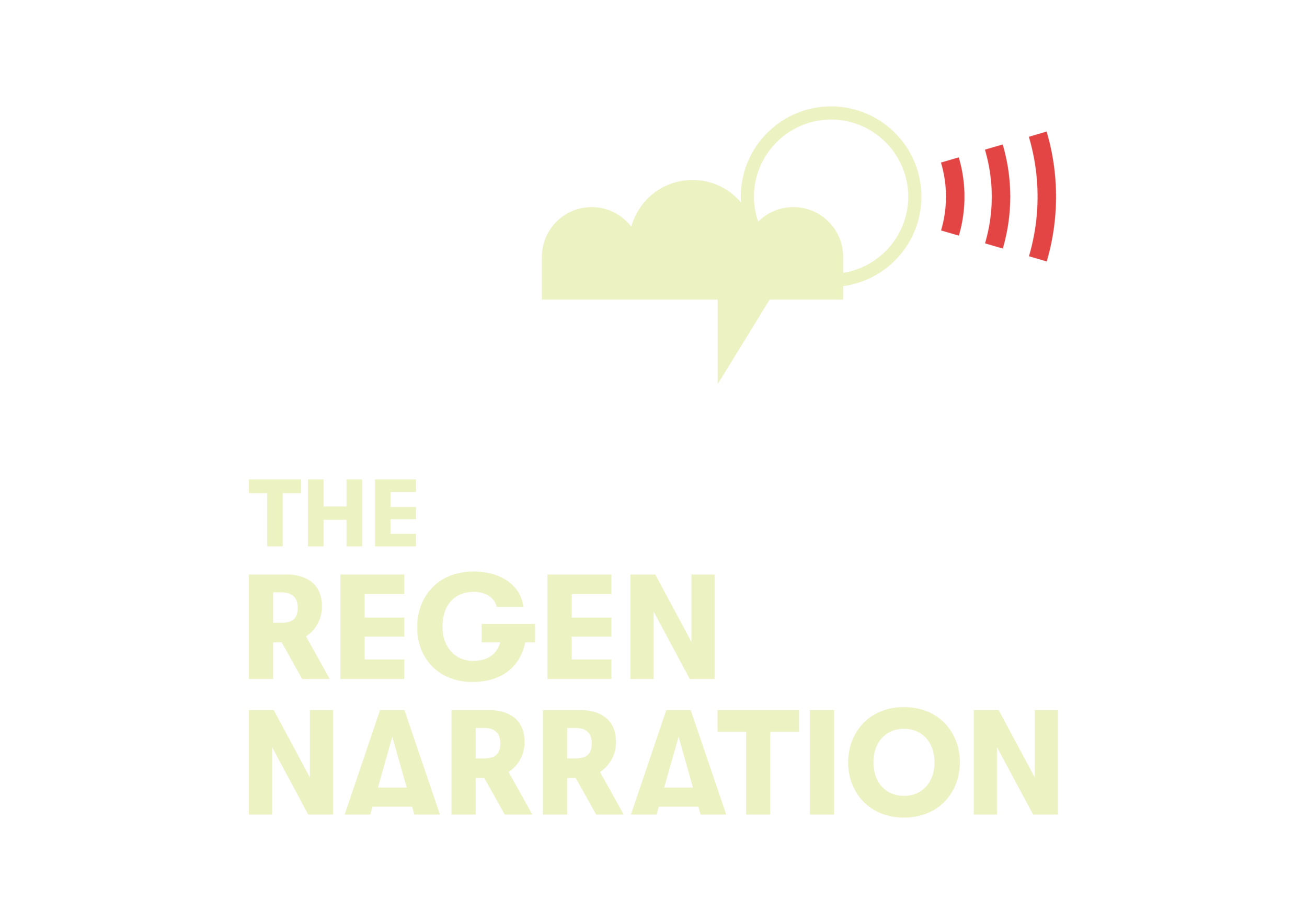256. The Marsh Appreciation and Restoration Society for Happiness
On The MARSH with its founders
Hover over the embedded player above to enable various functions including:
Click on ‘more info’ for show notes and links
Click ‘share' to share the episode, follow the podcast on your favoured app, and support the show
Click on the dot point lines for chapter markers
And head here for a transcript of this and other conversations (please note the transcript is AI generated and imperfect, but hopefully serves to provide greater access to these conversations for those who need or like to read).
Click on the photos below to zoom in, and hover over them to see captions where added (all photos by Anthony James unless noted otherwise).
To see more from behind the scenes, become a supporting listener via the link below.
And to listen to a 5 minute bonus episode, tune in here.
Blog post on this episode (AI generated, AJ touch ups)
Something magical is happening in Charleston, South Carolina. As this prominent coastal city confronts the reality of flooding every five days on average now, three friends with young children have sparked a movement that's transforming both landscapes and community.
Joel Caldwell, Dr. Blake Scott, and Blake Suarez were simply "shooting the shit" between parenting duties when they conceived what would become The MARSH Project—an acronym for the Marsh Appreciation and Restoration Society for Happiness. "The stakes are high, yes, but let's not all be miserable," explains Joel, an award-winning filmmaker. "Let's pick up as much trash as we can until we're too tired, and then let's go eat pizza and drink a couple of beers."
This joyful approach to restoration has proven remarkably effective. What began with cleaning up Halsey Creek—one of the last unfilled tidal creeks on Charleston's peninsula—has spontaneously evolved into a comprehensive vision for an east-west ecological corridor spanning different neighborhoods and socioeconomic areas. The project now encompasses native planting initiatives, oyster reef restoration, educational programs, and regular community cleanups that draw impressive crowds even on steamy South Carolina afternoons.
The founders understand that Charleston's environmental challenges are inseparable from its complex history—from indigenous Kiowa territory to plantation agriculture dependent on slavery, to the starting place of the civil war, to a vexed World Exposition ground. Rather than ignoring this past, they incorporate historical understanding into their restoration work, believing that "for people to care about a place, they've got to know all the layers of the story."
Perhaps most inspiring is how The MARSH Project has tapped into people's innate biophilia—our love for the natural world—while making environmental action accessible and community-oriented. As flooding increases and climate impacts intensify, their work demonstrates how local, grassroots initiatives can build resilience while fostering optimism. The results speak for themselves: wildlife returning, community bonds strengthening, and a growing movement of citizens taking ownership of their future.
Ready to support similar work in your community? Follow The MARSH Project's example by starting small, focusing on joy, building diverse coalitions, and recognizing that some of our most powerful responses begin with simply getting our hands dirty together.
















